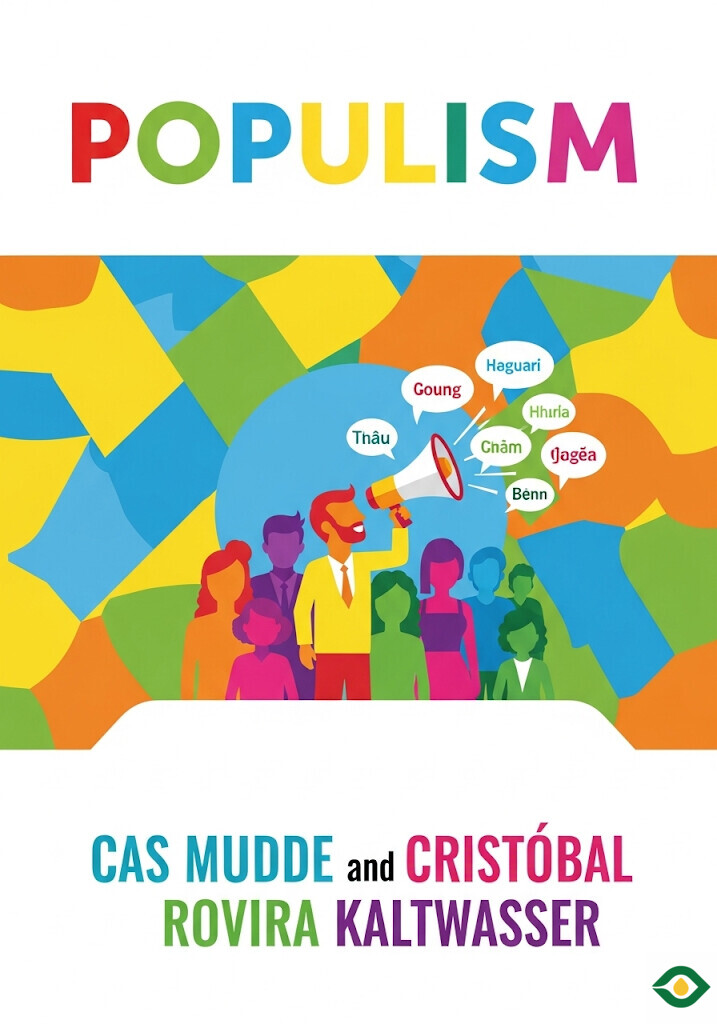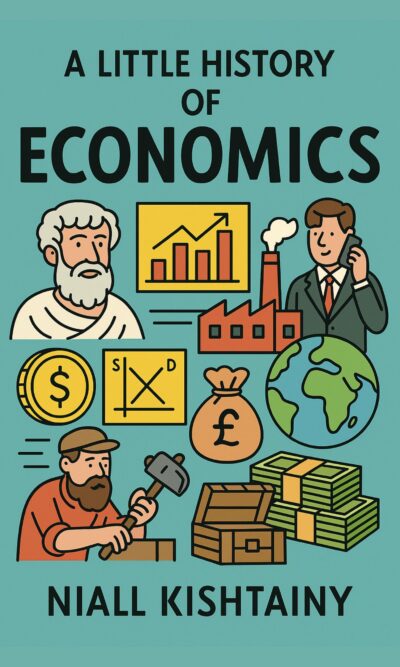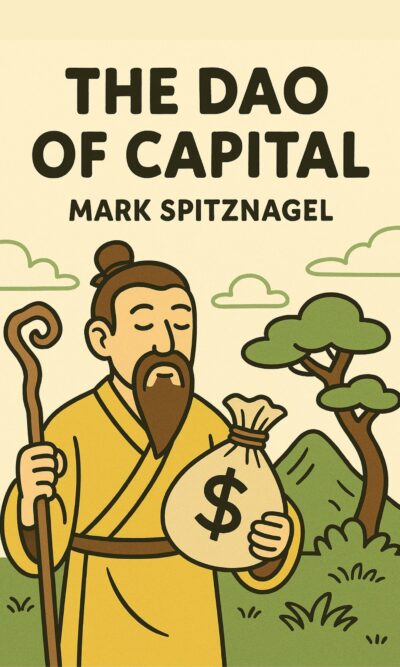Description
Populism is one of the most talked-about words in modern politics. It seems to appear everywhere: in debates, headlines, and campaigns across the world. But while the term is used often, its meaning is not always clear. What exactly is populism, and why does it matter so much today?
At its core, populism is not a single fixed ideology, but rather a way of doing politics. It divides society into two groups: the people and the elites. The people are seen as honest, hardworking, and pure, while the elites are described as corrupt, self-serving, and out of touch. Populist leaders claim they alone can defend the people against these elites and restore fairness. This framing creates a sense of “us versus them” that is powerful, simple, and easy to understand.
Populism can take many different forms depending on where it appears. In some cases, it leans left, focusing on economic fairness, fighting inequality, and standing up for workers. In other cases, it leans right, emphasizing nationalism, cultural identity, and skepticism toward outsiders. What makes populism flexible is that it always attaches itself to a larger host ideology. Left-wing populists might use socialism or anti-capitalist ideas as their foundation, while right-wing populists might rely on conservatism, nationalism, or religious values. Populism itself is the strategy; the ideology it attaches to gives it shape and direction.
The financial crisis of 2007–2008 showed just how powerful populism can be. Around the world, people saw banks being rescued while ordinary families lost jobs, homes, and savings. Trust in traditional political parties crumbled. Out of this anger grew movements like Occupy Wall Street in the United States, which declared that the “99 percent” were being exploited by the wealthy “1 percent.” At the same time, on the other side of the political spectrum, the Tea Party rose with anger directed not only at banks, but also at government, cultural elites, and policies they saw as un-American. Although the two movements opposed each other in many ways, both were fueled by a sense that elites had betrayed ordinary people.
Populism often gains strength through leaders who present themselves as outsiders. These leaders use personal charisma to connect with supporters. They claim to be just like the people, sharing their struggles and frustrations, while standing apart from traditional politicians. A striking example comes from Peru in the 1990s, when Alberto Fujimori presented himself as “a president like you.” His outsider image, tied to his heritage and simple style, made him popular with voters who felt abandoned by traditional elites. In Bolivia, Evo Morales used a similar strategy, presenting himself as the voice of indigenous people long excluded from power. By mixing his personal appeal with organized social movements, Morales created a strong base that kept him in office for years.
One key feature of populist leaders is their ability to project strength. They often say they are free from the restrictions of traditional politics and can act boldly when others hesitate. Even when experts disagree, populist leaders present themselves as decisive, willing to take risks for the people. They may use simple, blunt language, often rejecting polished speeches for words that sound more like everyday conversation. Some even lean into scandal, using it to highlight their human side or portray themselves as victims of elite attacks. Their goal is to appear authentic and relatable, even when they are making controversial claims.
Charisma plays a central role in this. A charismatic leader can create the feeling that they alone embody the will of the people. Supporters see them not just as politicians, but as saviors who can rescue society from crisis. This explains why populist movements often rise quickly and with great passion. It also explains why they can be difficult to stop once they gain momentum.
But why does populism rise at certain times? Often, it comes when people feel that traditional politicians have failed them. After economic downturns, corruption scandals, or unpopular policies, trust in established parties collapses. This creates fertile ground for populists, who point to these failures as proof that the system is broken. Media attention also plays a large role. When scandals are widely reported, populist leaders can connect their message of elite corruption to the stories dominating the news. By doing so, they spread their narrative far and wide.
Once populist attitudes take hold, they are hard to reverse. People who feel betrayed by the system may not easily return to trusting mainstream parties. This is why populism often reshapes politics for years, even decades. For example, after Greece adopted painful austerity measures following the financial crisis, voters abandoned old parties in favor of Syriza, a left-wing populist party. Similarly, in Finland, a corruption scandal gave the right-wing True Finns an opportunity to grow rapidly, even though the country had been only mildly affected by the global recession.
For established parties, the rise of populism presents a difficult challenge. Ignoring populist movements only makes them stronger, because it seems to confirm the idea that elites are arrogant and unresponsive. Instead, mainstream politicians need to acknowledge public anger openly and take responsibility when mistakes are made. Transparency, accountability, and honesty are key. Voters want to see that leaders are listening, not just defending their own interests. Some argue that including populist parties in governing coalitions can help, since it forces them to share responsibility and show whether their promises hold up in practice.
Populism is not inherently good or bad. On the one hand, it can give voice to people who feel ignored, shining a light on real injustices and forcing elites to be more accountable. On the other hand, when taken to extremes, it can weaken democratic institutions, concentrate too much power in one leader, or fuel divisions within society. That is why it is important to study populism carefully, to understand how it works, and to think about how to balance its energy with the stability of democratic systems.
In the end, populism is a mirror reflecting the frustrations and hopes of ordinary people. It reminds us that politics is not just about policies and institutions, but also about emotions, identity, and trust. When people feel excluded, they look for leaders who promise to bring them back in. Populism is that promise, and whether it heals or harms depends on how societies choose to respond.





